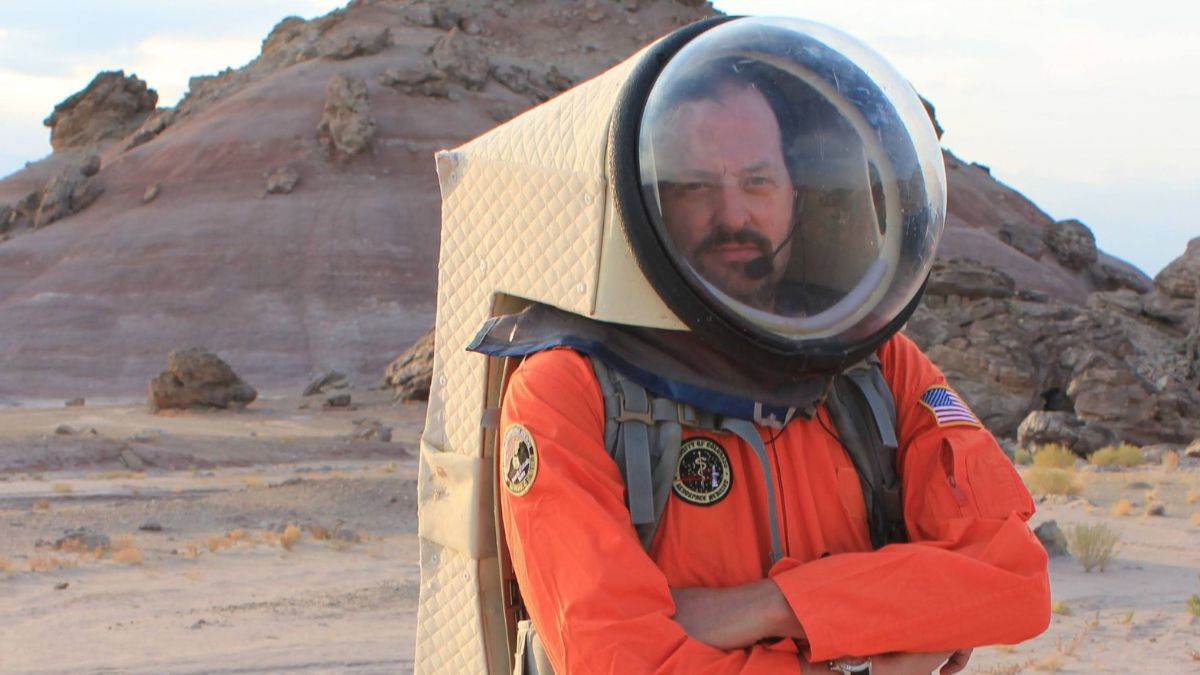Survival in space: Research that keeps astronauts healthy and mission-ready

As exciting and groundbreaking deep space travel might seem, it also poses a multitude of health risks to its astronauts—resulting from microgravity, radiation exposure, and psychological stress, these risks include bone and muscle loss, cardiovascular issues, immune system dysregulation, DNA damage, increased cancer risk, sleep disturbances, cognitive decline, and mood disorders among many other neurodegenerative effects.
U.S. Embassy’s SPAN Magazine details Dr John McMullen Lemery's research on the medical challenges faced due to long-duration space travel. Lemery is the medical director for the National Science Foundation's Polar Research Program and the director of the Cryosphere Austere Medicine Platform at the University of Colorado.
In a situation where astronaut health is a growing concern in spacefaring countries like India and the U.S., Lemery’s research contributes to the United States’ efforts to improve crew safety and enhance mission readiness by addressing medical challenges of long-haul missions; strengthening the U.S. space program’s ability to support future missions, as well as advancing medical understanding benefitting both spaceflight and health systems on Earth.
A key aspect of Lemery’s research is creating health solutions for astronauts. “I’m the physician for the Human Research Program. We look at how to take care of people and understand medical risks during long-duration space missions,” he said.
Dr Lemery’s team utilizes a “probabilistic risk assessment engine”, a tool that runs up to 120 different conditions that an astronaut might face in space, allowing astronauts to single out essentials they might require on a spaceflight. This tool assesses different medical decisions that can affect an astronaut’s ability to perform vital tasks like spacewalks or operating a computer and thereby helps in deciding on crucial medical supplies that can be taken for space travel.
Lemery’s work at the Cryosphere Austere Medicine Platform (CAMP), University of Colorado—an organization that supports astronaut health for long-duration missions, helps U.S. astronauts, healthcare providers and field medics prepare for the extremes of space by replicating similar cold conditions on Earth to study just how quickly they can respond under intense cold. The simulations help them understand the impact of cold on human performance, which helps them in fine-tuning astronaut training and the challenges of space missions. Apart from these simulations, the team also tests manual dexterity and cognitive function.
As humanity reaches further into the cosmos, Dr Lemery’s pioneering research ensures that our astronauts are not just ready for the journey, but resilient enough to thrive in it.
Health